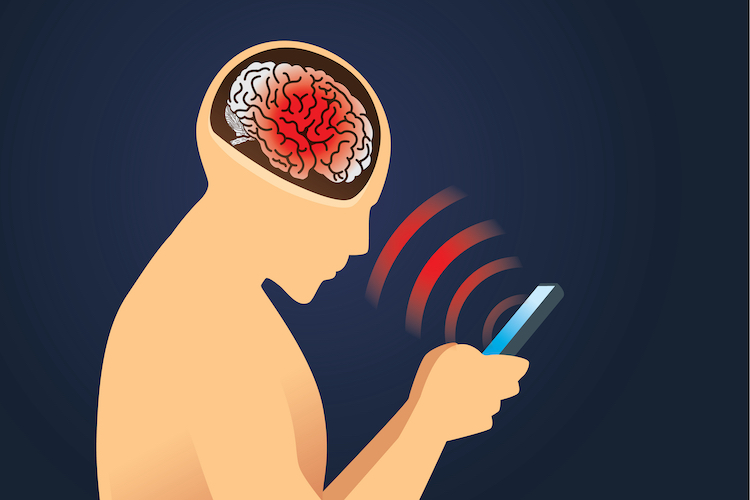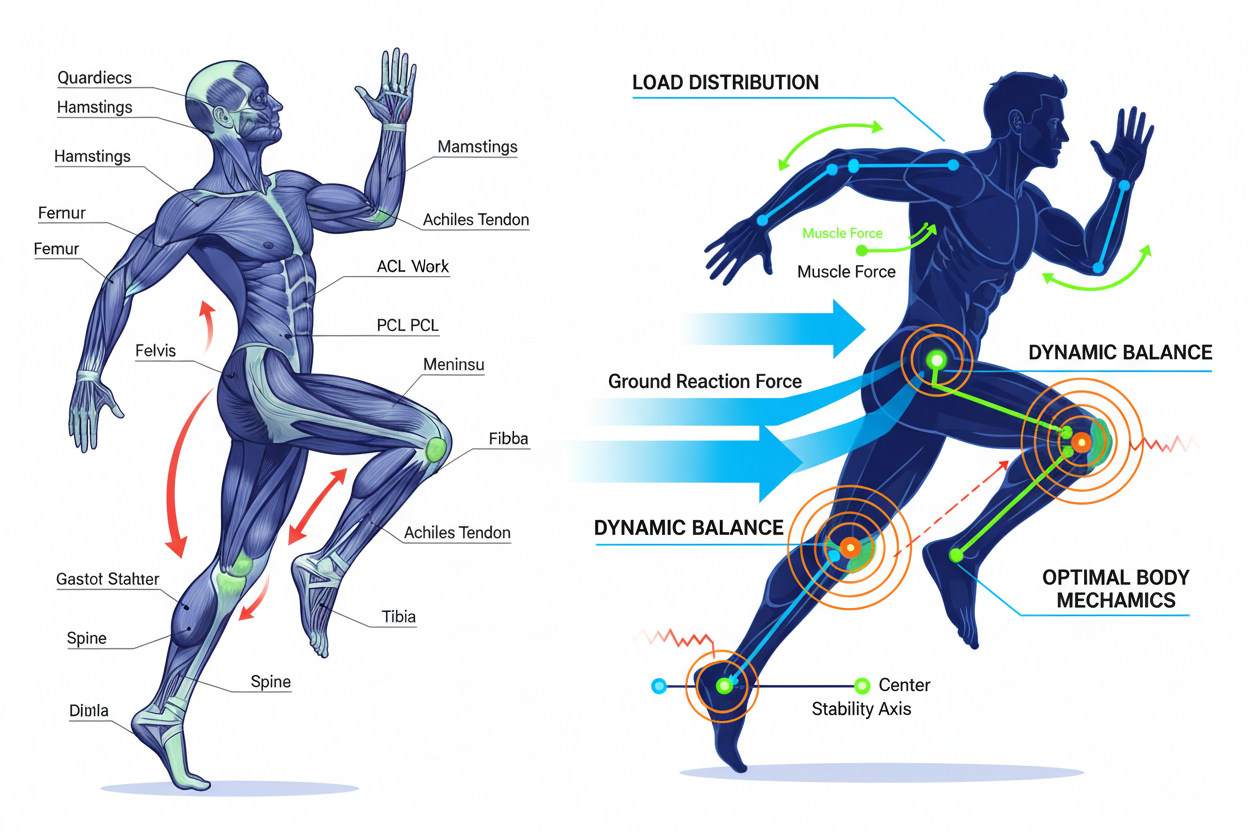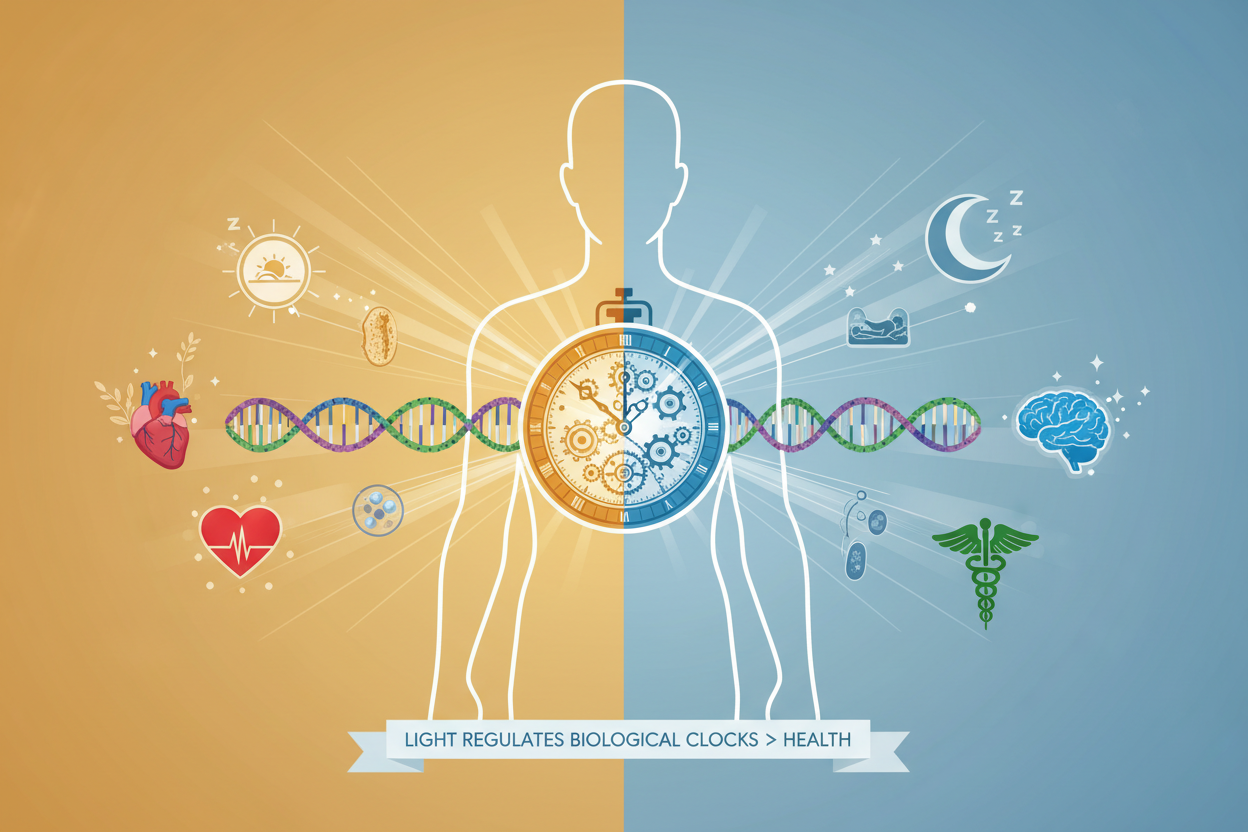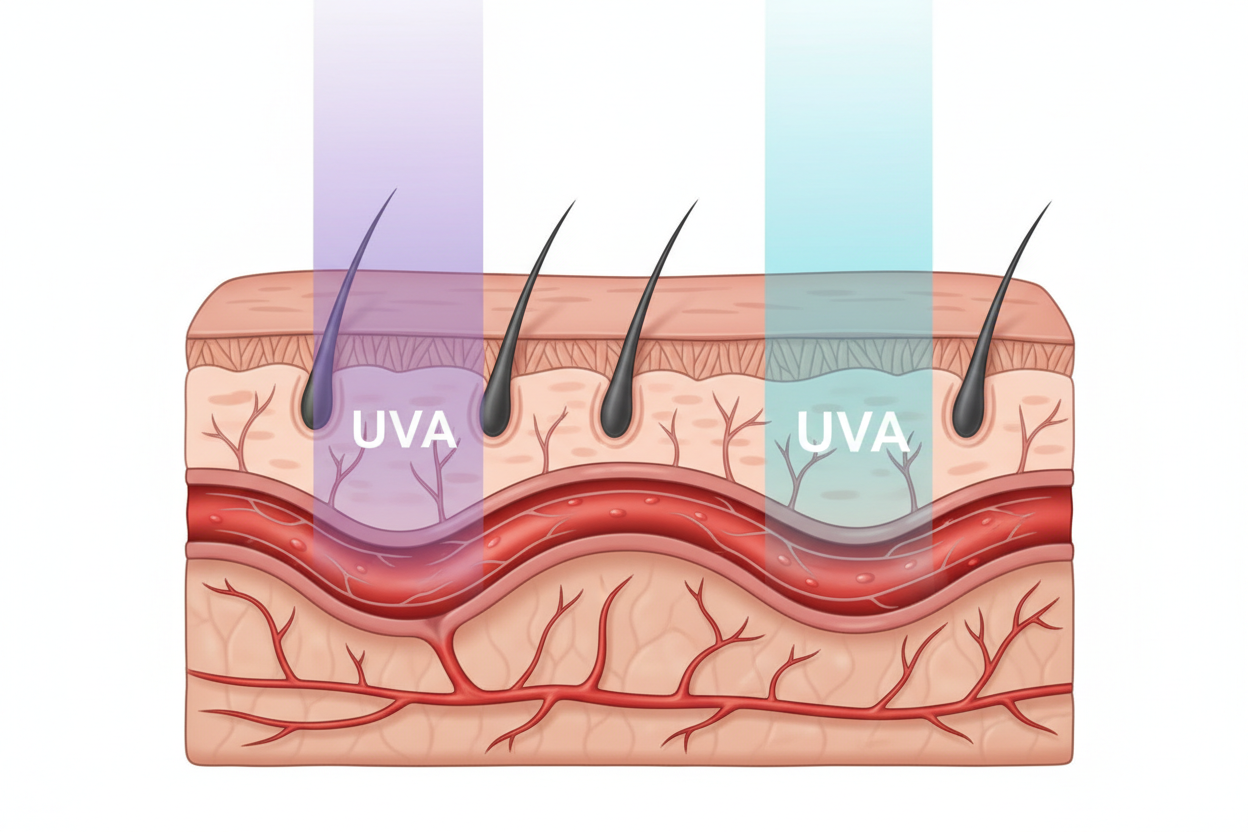Nowadays, we are constantly surrounded by wireless technologies such as WiFi networks and mobile devices. They emit high-frequency electromagnetic radiation (EMR), to which we are exposed practically continuously. An increasing number of studies suggest that this radiation may have negative effects on our health, particularly on mitochondrial function and cognitive abilities.
What happens in our body when exposed to EMR?
Recent studies on rats have shown that exposure to EMR at a frequency of 2450 MHz, which is very close to the commonly used 2.4 GHz frequency of WiFi networks, can lead to:
1. Disruption of mitochondrial functions and integrity
2. Increased expression of amyloid beta protein and release of cytochrome-c
3. Activation of apoptotic factors (caspase-9 and -3) in the hippocampus
4. Reduction of acetylcholine levels and increase in acetylcholinesterase activity
These changes resulted in significant cognitive deficits in the studied animals. Although further studies are needed to confirm these effects in humans, it is clear that we should not underestimate the potential risks associated with EMR exposure.
Are we in danger?
WiFi networks and mobile devices are ubiquitous today, and many of us are exposed to their radiation for a significant part of the day. The frequencies they use (2.4 GHz for WiFi, 700-2600 MHz for 4G LTE) fall within a similar range to those that had negative effects in the mentioned study.
With the advent of 5G networks, the utilized frequency spectrum is also expanding up to the 24-86 GHz band. The long-term effects of these high frequencies on human health are still poorly researched.
What can we do about it?
Although exposure to EMR in today's world cannot be completely avoided, there are steps we can take to minimize potential risks:
1. Exposure limitations:Try to reduce the time spent near devices emitting EMR, especially if not absolutely necessary. For example, do not leave WiFi on overnight and avoid carrying your mobile phone constantly in your pocket.
2. Distance from source
: The intensity of EMR decreases with the square of the distance from the source. Even a small increase in distance from transmitting devices can significantly reduce your exposure.
3. Use of cable alternatives:Where possible, consider using wired connections instead of wireless ones. For example, Ethernet instead of WiFi or wired headphones instead of Bluetooth.
4. Support for further research:It is important to continue exploring the potential health impacts of EMR and to seek ways to develop safer technologies. Support this research and stay informed about the latest findings.
Conclusion
Although we appreciate the convenience and benefits that wireless technologies bring us, we should not ignore the potential risks associated with long-term exposure to electromagnetic radiation. Growing scientific evidence suggests that this radiation may negatively affect our health at the cellular level, with possible impacts on cognitive functions and overall vitality.
It is time for us to recognize these risks and begin taking steps to minimize our exposure. At the same time, we should support further research in this area and strive to develop safer technologies. Only through an informed and proactive approach can we protect our health in an era of ubiquitous wireless networks and devices.





Leave a comment
This site is protected by hCaptcha and the hCaptcha Privacy Policy and Terms of Service apply.